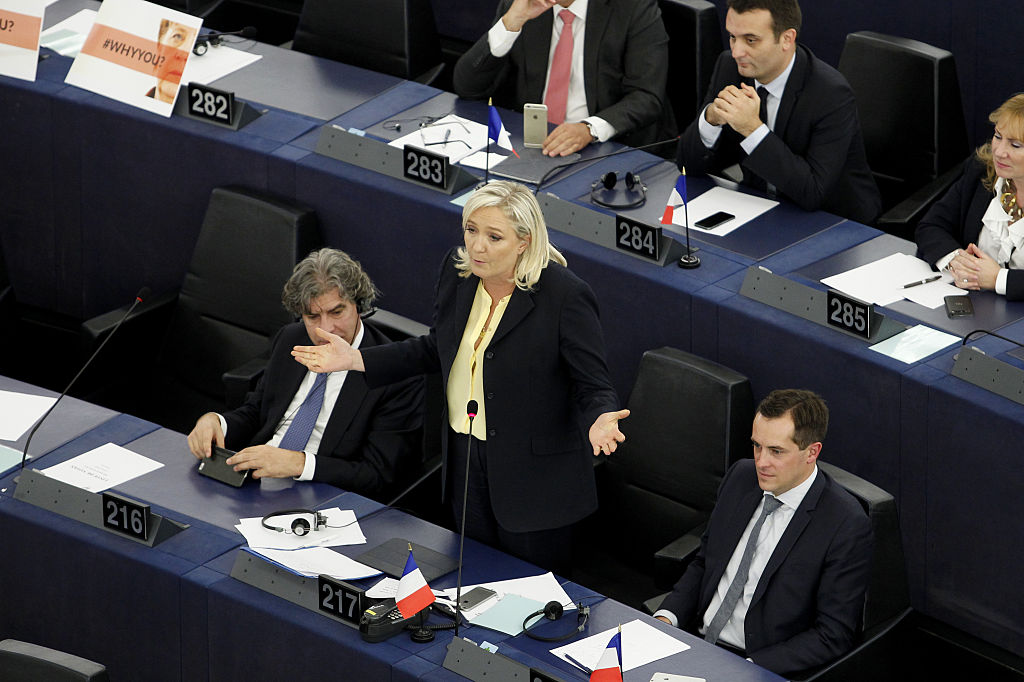On September 26, the European spirits sector held its trade review for 2023. The industry fared well over the period but members are concerned that geopolitical actions are impacting market mechanisms in the European Union.
The European spirits sector is economically and culturally important, combining several key features of European life. The industry involves agriculture in production, and brings in high tax revenues as well as promoting free movement of goods.
It also has a role in culture, being intertwined in the history, landscape and even identity of European countries.
Times have been good for spirits producers who saw record sales in 2022, registering a robust 16 per cent growth, and achieving a total export value of €9.74 billion.
But they fear the future might be less bright, as high inflation, escalating production costs and increasing geopolitical tensions have become prominent in 2023. Put another way, trade and politics do not mix too well and, with elections on the horizon and international tensions set to remain high, the sector is nervous.
The spirits industry is looking to EU trade policy for support in diversifying markets, enhancing resilience and sustaining growth while generating employment opportunities in rural areas.
“During times of crisis, the temptation can be to turn inward,” said Pauline Bastidon, Director of Trade and Economic Affairs at SpiritsEUROPE, which represents producers of spirits drinks at the EU level..
“Nevertheless, EU trade policy must retain a proactive, outward focus, as diversification, not protectionism or unilateralism, is our best defence against the growing volatility and tensions on the horizon.”
SpiritsEUROPE’s Annual Trade Review was released on September 26 during a launch event in Brussels featuring EU policymakers and stakeholders, with the Ambassador of Brazil H E Pedro Miguel da Costa e Silva as a special-guest speaker.
The ambassador started his speech by stressing the importance of sustainable development, fighting deforestation and environmental policies that combat climate change. He said he felt there was too much red tape in Europe and wanted to see less bureaucracy. That should make dialogue and bilateral contact easier, he said.
The European spirits sector is eying largely untapped markets such as India, South America and Africa and wants Europe to work on solid free-trade agreements (FTAs). Industry players are urging the swift conclusion of the EU-Mercosur agreement, a major deal between Europe and Argentina, Brazil Paraguay and Uruguay.
“With 85 per cent of global economic growth expected to occur outside Europe over the next decade, an ambitious EU trade policy and the conclusion of new FTAs are imperative,” said Ulrich Adam, Director General of spiritsEUROPE.
“These deeper trading relationships can deliver more than just economic advantages. Modern FTAs can serve as catalysts for sustainable change, contributing to the achievement of the UN’s Sustainable Development Goals by encouraging higher production standards and promoting sustainable practices worldwide.”





